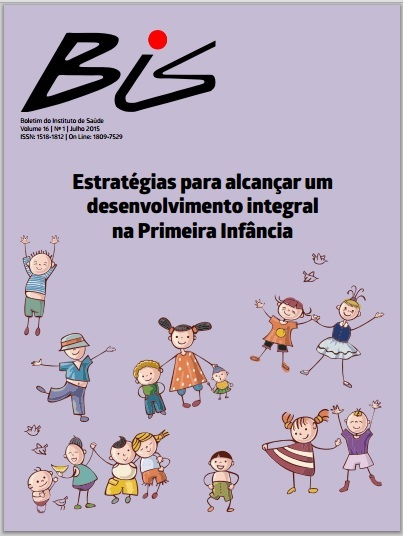Abstract
The pioneering public policy in Brazil, “Better Early Childhood” (PIM) is a cross-action to promote the integral development of early childhood. Its Attention Modalities include home visits and group activities conducted weekly with families at risk and social vulnerability, which aims to guide them from their culture and experiences, so they can promote the integral development of their children from pregnancy up to fi ve years. It was developed since 2003, and became State Law on July 03, 2006. It has as reference the Cuban project “Educa a tu Hijo”, of the Centro de Referencia Latinoamericano para la Educación Preescolar (CELEP/Cuba), with which established technical and methodological cooperation for deployment. It is based on theoretical assumptions of Vygotsky, Piaget, Bowlby, Winnicott and Brunner, in addition to recent studies of Neuroscience. Aimed at the full development of the human physical, intellectual, social and emotional capabilities, it has as a support shaft, the Community, Family and the Inter-sectoral approach. It is a reference for similar actions in the country and one of the pillars of the initiatives foreseen in the Affectionate Brazil Action of the Federal Government, being recognized as one of the most important social technologies for child care in Latin America.
References
2. Rio Grande do Sul. Lei Estadual 12.544 de 3 de julho de 2006. Institui o Programa Primeira Infância Melhor. Diário Ofi cial do Estado, 4 jul. 2006.Porto Alegre: Governo do Estado do Rio Grande do Sul; 2006.
3. Rio Grande do Sul. Lei 14.594 de 28 de agosto de 2014. Introduz modificações na Lei Estadual 12.544. Institui o Programa Primeira Infância Melhor. Diário Oficial do Estado, 29 ago. 2014.
4. Secretaria Estadual da Saúde do Rio Grande do Sul. Primeira Infância Melhor - PIM. [acesso em 29 mar 2015] Disponível em: http://www.pim.saude.rs.gov.br/v2/o-pim/ quem-participa/
5. Schneider A, Ramires V. Primeira infância melhor: uma inovação em política pública. Brasília: Unesco; 2007.

This work is licensed under a Creative Commons Attribution 4.0 International License.
Copyright (c) 2022 Cândida Kirst Bergmann, Carolina de Vasconcelos Drügg, Gisele Mariuse da Silva, Kênia Margareth da Rosa Fontoura, Lacy Maria Pires, Leila Maria de Almeida, Sandra Silveira Nique da Silva
